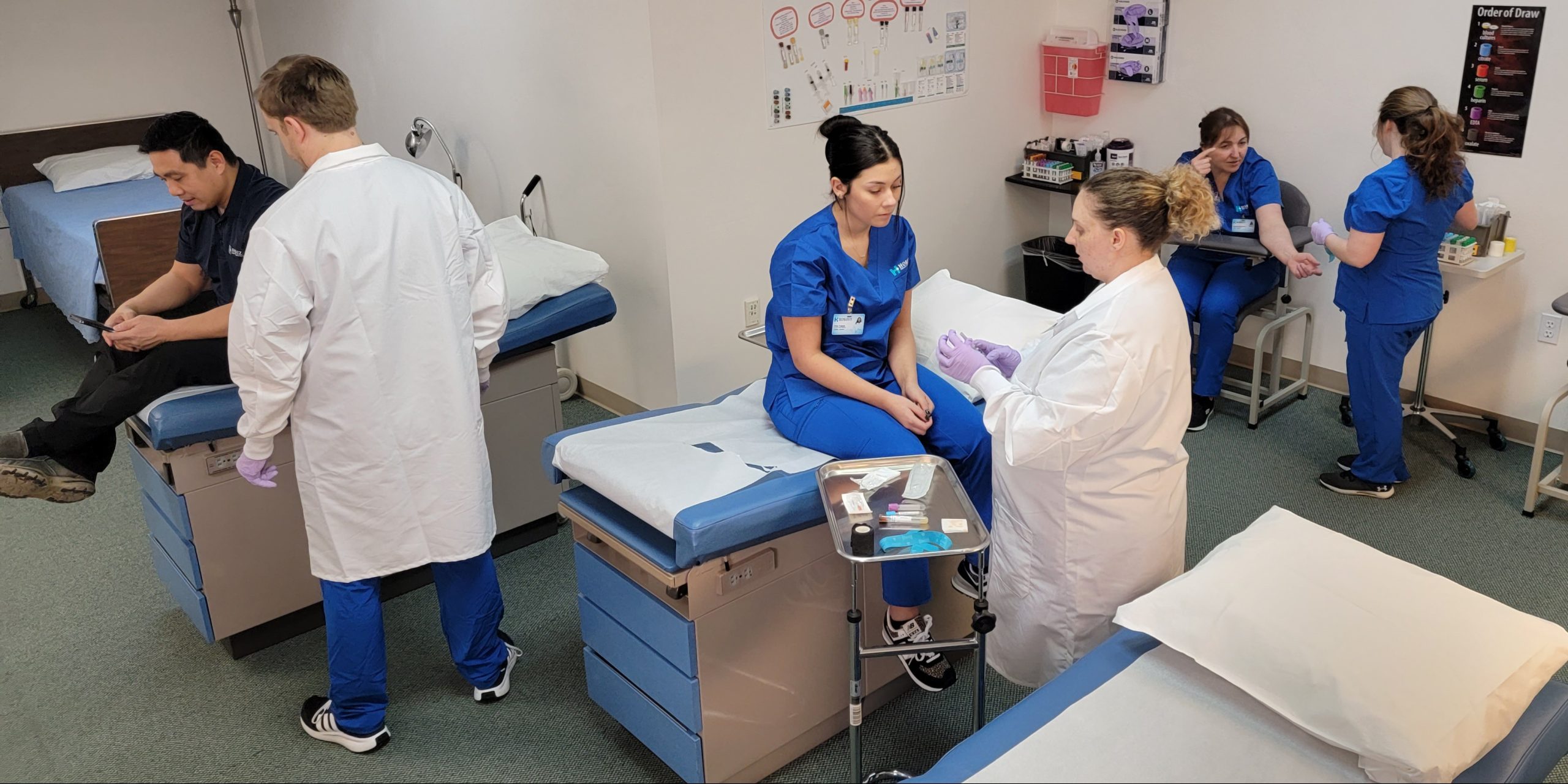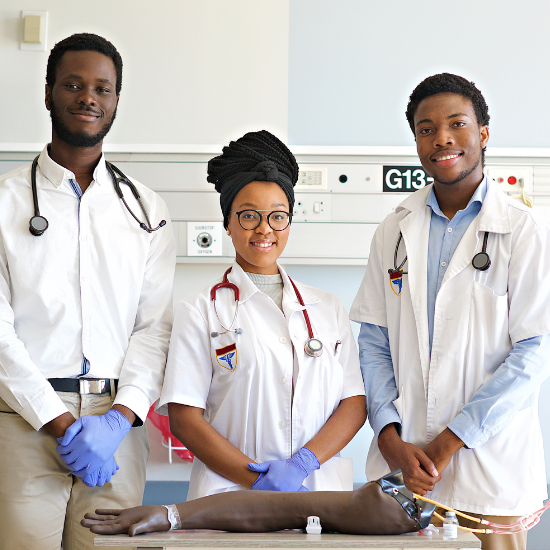Register in Northeast Medical Institute - Stamford Campus Phlebotomy Course & CNA Class: Beginning Your Medical Care Job Today
Register in Northeast Medical Institute - Stamford Campus Phlebotomy Course & CNA Class: Beginning Your Medical Care Job Today
Blog Article
Vital Variables to Take Into Consideration When Selecting the Many Suitable Medical College Curriculum for You
Picking the most suitable clinical school educational program is a crucial choice that can greatly affect your academic trip and future career path. As aspiring clinical specialists, the option of curriculum need to line up with your personal knowing style and job goals.
Personal Knowing Style

Medical colleges that offer varied training approaches and sources can suit different finding out designs, promoting a comprehensive and vibrant academic environment. Ultimately, recognizing individual understanding preferences empowers pupils to make educated decisions regarding their medical education and learning, establishing a solid foundation for their future careers in healthcare.
Profession Objectives Alignment

Additionally, straightening job goals with the clinical college educational program can additionally improve motivation and engagement throughout the instructional trip. When students see the straight importance of their coursework to their future job, they are more probable to remain dedicated and focused to their researches. As a result, when selecting a clinical college educational program, it is important to meticulously think about how well it aligns with one's occupation goals to ensure a successful and satisfying expert course.
Teaching Methodologies
Thinking about the placement of job goals with the selected medical institution curriculum, an evaluation of the teaching techniques utilized ends up being essential in forming the learning experience. The efficiency of a clinical college curriculum greatly relies upon the teaching approaches made use of by the organization. Different mentor techniques, such as talks, little group conversations, problem-based understanding, simulation-based training, and hands-on medical experience, can considerably affect exactly how well students realize and keep details.
Lectures are a traditional however still generally utilized approach for delivering material to a large team of students efficiently. Tiny group conversations foster cooperation, vital reasoning, and communication skills among trainees. Problem-based knowing encourages energetic participation, self-directed understanding, and problem-solving capabilities. Simulation-based training allows pupils to practice medical abilities in a controlled setting before engaging with real clients. Hands-on clinical experience uses a direct understanding of individual treatment and medical techniques.
When choosing a medical school curriculum, striving students ought to take into consideration the mentor approaches utilized to make certain that their understanding choices and toughness align with the educational method of the institution.
Educational Program Adaptability
When examining clinical institution programs, evaluating the level of educational program adaptability is important for prospective trainees seeking a tailored educational experience. Educational program flexibility describes the level to which trainees can customize their learning courses within the medical school educational program. A curriculum that supplies flexibility allows trainees to seek their interests, concentrate on locations where they require a lot more support, and take part in discovering experiences that straighten with their job objectives.

Prospective medical students should think about how a medical school's educational program flexibility aligns with their discovering preferences, career ambitions, and personal objectives. By picking a program that uses the appropriate balance of structure and flexibility, pop over to this web-site trainees can optimize their educational experience and prepare themselves for successful careers in medication.
Professional Direct Exposure Opportunities
Exploring the sensible application of medical knowledge, scientific exposure chances play a msc project management critical duty in forming a comprehensive clinical education and learning. These chances supply trainees with important hands-on experience in genuine healthcare setups, permitting them to bridge the gap in between theory and practice. When thinking about medical college educational program, the high quality and amount of clinical exposure need to be very carefully examined.
Reliable clinical exposure ought to use a diverse series of experiences across different specializeds, ensuring that pupils are exposed to various clinical scenarios and client demographics. Exposure to outpatient centers, inpatient wards, surgical theaters, and emergency situation divisions can assist pupils create an all-around understanding of various facets of medical care shipment. Furthermore, opportunities for community-based care and interactions with underserved populations can foster a deeper gratitude for the social factors of wellness.
Furthermore, the visibility of supportive professors and coaches throughout these clinical experiences can significantly enhance the discovering procedure. Professors assistance and constructive comments can aid students review their clinical experiences, recognize locations for improvement, and boost their decision-making capabilities and clinical skills (Northeast Medical Institute CNA Classes Near me Stamford). Generally, durable medical direct exposure possibilities are necessary for preparing future medical professionals to provide quality person care properly
Final Thought
Finally, when picking a clinical school educational program, it is necessary to consider your personal learning style, positioning with profession goals, instructing techniques, curriculum flexibility, and medical exposure chances. These aspects play a critical function in identifying the most appropriate program for your instructional and expert advancement. See to it to completely look at here now evaluate each facet to make an educated choice that will certainly best support your growth in the medical field.
Recognizing one's individual discovering style is essential when choosing a medical college curriculum. By determining one's learning design early on, striving medical trainees can strategically select an educational program that caters to their toughness, ultimately boosting their understanding experience and scholastic success.
When assessing clinical college programs, examining the level of curriculum flexibility is vital for possible trainees looking for a customized academic experience. Curriculum flexibility refers to the degree to which students can personalize their discovering paths within the medical college educational program.In final thought, when selecting a medical college curriculum, it is important to consider your individual understanding style, positioning with career purposes, educating methodologies, curriculum adaptability, and clinical exposure possibilities.
Report this page